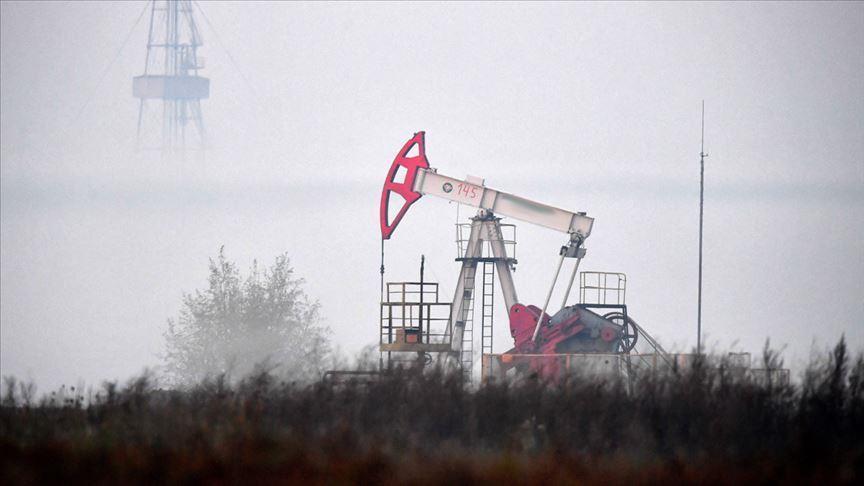Oil prices increased on Wednesday as fighting in the Middle East intensified with aggressive attacks by the Israeli army, while market players eye key US inflation data to gauge US Federal Reserve's (Fed) next move on interest rate cuts.
The international oil benchmark of Brent crude rose 0.2% to $71.83 per barrel at 10.43 a.m. local time (0743 GMT), down from the previous session's close of $71.66.
The US benchmark West Texas Intermediate also climbed by 0.2% to $68.02 per barrel, compared to $67.88 at the prior session's close.
Prices rose ahead of today's expected inflation data in the US, the world's biggest oil consumer. Inflation data for October is critical in determining whether the Fed will lower or keep interest rates unchanged.
According to the Fed's Survey of Consumer Expectations, short-term inflation expectations of consumers in the US decreased to 2.9% in October, recording the lowest level in four years.
In theory, lower inflation supports economic growth, in turn increasing fuel demand.
Meanwhile, following the US presidential elections, uncertainty continues regarding how much the fiscal policies to be implemented in the US in the future will affect Fed's next steps.
According to the pricing in the markets, there is a 60% probability that Fed will cut interest rates by 25 basis points in December.
Unrest in the Middle East continues to impact oil prices as market players fear global supply disruptions.
News stories from Israel reported that the army's land attacks on the south of Lebanon entered the second phase.
According to Lebanon's official agency NNA, the Israeli army carried out 106 air strikes on Lebanon in the last 24 hours. Since October 8, 2023, Israel conducted 12,736 air strikes on Lebanon.
Also, the Houthis, supported by Iran in Yemen, have been seizing commercial ships affiliated with Israeli companies off the coast of Yemen since October 31, 2023, as a reaction to Israel's attacks on Gaza.
Although OPEC's announcement Tuesday of a decrease in its demand forecast put downward pressure on oil prices, it was not enough to alleviate the risk perception amid market players.
By Zeynep Beyza Kilic
Anadolu Agency
energy@aa.com.tr


